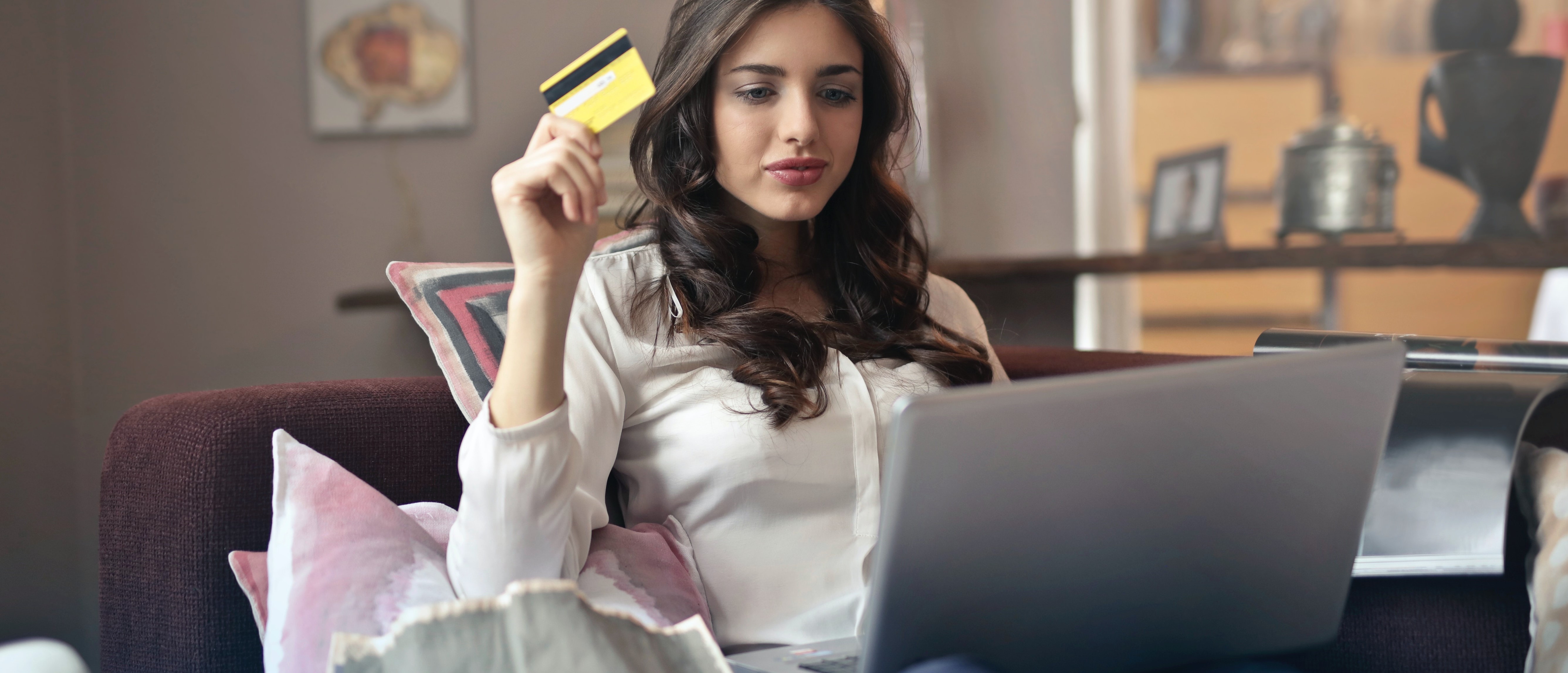How COVID-19 is boosting counterfeit markets, and how you can avoid them
April 23, 2020 - Liz Schondelmayer
As social isolation pushes more Americans to shop online, it is increasingly necessary for consumers to make informed decisions about the products they buy - and avoid purchasing counterfeit products.
During this crisis, counterfeit markets are booming: as the high demand for certain products such as masks and toilet paper intersects with shoppers making more impulsive, fear-driven purchases, counterfeiters are able to sell more fake products.
Three experts from the Center for Anti-Counterfeiting and Product Protection - Dr. Jeff Rojek, Dr. Jay Kennedy and lawyer Kari Kammel - discuss ways online shoppers can avoid illegitimate products and ultimately protect themselves and their families.
Product Counterfeiting: what it is, why it matters
Despite what some shoppers think, the buying and selling of counterfeit goods is not a victimless crime. The impact of these purchases is complex, far-reaching and more damaging than one might think.
First and foremost, counterfeit products can be dangerous to buyers’ health. “No one knows where these products come from or what conditions they come out of,” explained Kammel. “Especially if the product is digestible, or goes on or near your skin, it’s a huge risk.”
For example, Kammel shares that many counterfeit makeup products contain toxic chemicals, and counterfeit fashion or toy products are colored with lead paint.
Beyond these urgent health concerns, the purchase of counterfeit products can help fund criminal organizations and terrorist groups - yes, really. Explains Dr. Kennedy: “There's research drawing connections between counterfeit goods, terrorism and organized crime. Some of the profit generated by those sales thus supports terrorism and criminal activity.”
Counterfeit goods also damage businesses - and not just large corporations. Individual inventors, independent artists and local mom-and-pop shops suffer as well. “If you were to create something great at your workplace, and someone took credit for it and took your income, you would be angry about that. It's the exact same ethical concept, even when it’s a business,” notes Dr. Rojek.
How to spot - and avoid - counterfeit products
No shopper is perfect, online shopping has increased exponentially since the COVID-19 outbreak since many are working from home or cannot get to the stores, and we can all be susceptible to counterfeit products without even realizing it. That being said, the team of experts has shared ways that consumers can spot suspicious goods on the web.
1. Examine the product. Carefully!Dr. Kennedy poses a few guiding questions that can help consumers spot shady products: “Where is the product being offered? Is the price comparable to similar products? Who is the seller of the item? This can help tell you if the product is likely suspicious.”
He also notes that, especially on e-commerce sites, buyers should pay close attention to product descriptions. “We've noticed that, particularly with counterfeit items released quickly in response to immediate consumer demand, there are a lot of spelling errors. Take note of words that are stuck together, look like they were run through Google translate, and overall don't make sense from a syntax perspective.”
2. Be vigilant - any product can be a counterfeit!When thinking of counterfeit products, many people think of common fashion items, such as belts, shoes and handbags. “Almost every and any product you can think of can have counterfeits,” explained Dr. Rojek. “From fashion items to car and computer parts. We’ve even seen people selling counterfeit archery arrows.”
It is also common to come across counterfeit pharmaceuticals and medical supplies, which Dr. Kennedy discusses in a recent piece for The Conversation. In fact, Dr. Rojek notes that over 90% of online pharmacies are illegitimate and carry counterfeit medications.
3. Don’t panic!Panic-buying can lead consumers to stock up on items they may not need, and miss warning signs they otherwise would have noticed. If you cannot get an N-95 mask from a legitimate seller or a COVID-19 testing kit from a legitimate seller, the ones you see online are probably counterfeit or fake.
“Consumers are freaked out, so they're buying a lot and not properly vetting the items they’re purchasing,” says Kammel. “They're making higher-risk purchases they usually wouldn't make because they're afraid.”
Keep up with the latest COVID-19 updates and find MSU community resources here.


